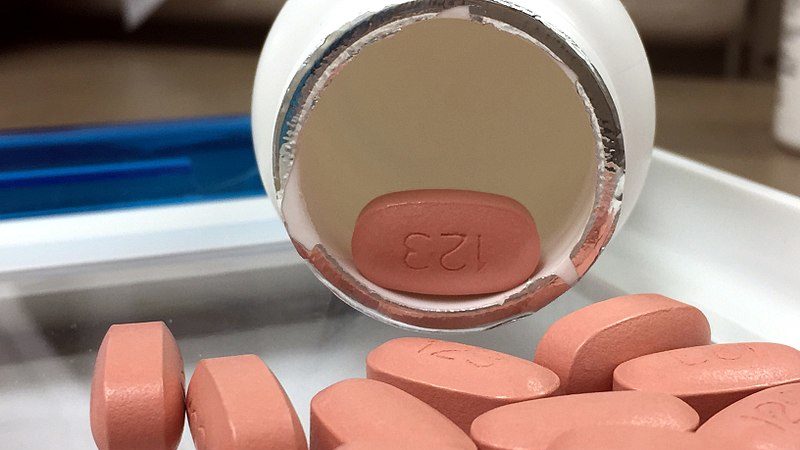After years of mobilization and advocacy, dolutegravir—a first-line drug in HIV treatment—will be more widely available in Colombia, thanks to a compulsory license issued by the government at the end of April. This is the first compulsory license ever issued by the Colombian government for the Ministry of Health to use, and it is expected to ensure safer and better treatment for thousands of people, many of whom are migrants.
Until now, dolutegravir was only available in Colombia under a patent held by a joint venture of GlaxoSmithKline, Pfizer, and Japanese pharma company Shionogi. It cost USD 1,224 to secure a yearly treatment for just one patient, which led to the drug being underused in the country. Even Doctors Without Borders (MSF) warned that they have been unable to use it in their programs in Colombia due to the high cost.
With the compulsory license kicking in, the Ministry of Health will be able to purchase a yearly treatment per patient at the price of approximately USD 44. “In practical terms, this means the government will now be able to treat 27 people with generics for the cost of one branded regimen,” explained Guillermina Alaniz, director of Global Advocacy and Policy at the AIDS Healthcare Foundation, while applauding the government’s decision.
In other countries, dolutegravir is available at lower prices, starting from as little as USD 23 per patient per year, through voluntary licenses from the Medicines Patent Pool. However, along with a set of other middle-income countries, Colombia was excluded from this arrangement, forcing it to procure only the more expensive version of the drug before the introduction of the compulsory license.
Read more: India’s newly amended patent rules threaten affordable medicines in the Global South
By choosing to introduce a compulsory license, Colombia has joined a list of other countries from the Global South that have chosen to take action against pharmaceutical greed. Countries like Brazil, Indonesia, Ghana, and Ecuador had all previously issued mandatory licenses for HIV drugs, prioritizing health over succumbing to pressures from Big Pharma, the Ministry of Health stated in their argumentation of the move.
“Colombia is planting a flag for global health equity. This will inspire new regional challenges to patent barriers and improve treatment access, working towards an AIDS-free generation,” said Peter Maybarduk, Director of Access to Medicines at Public Citizen, regarding the government decision.
Luz Marina Umbasia Bernal, director of the Global Humanitarian Progress Corporation Colombia, added, “The licensing of dolutegravir in Colombia will prevent HIV transmission, reach migrants who need treatment, support the financial sustainability of Colombia’s health system, and promote equity and human rights for people living with HIV. At the regional level, implementing this mechanism generates a vital precedent for promoting access to essential medicines.”
People’s Health Dispatch is a fortnightly bulletin published by the People’s Health Movement and Peoples Dispatch. For more articles and to subscribe to People’s Health Dispatch, click here.





